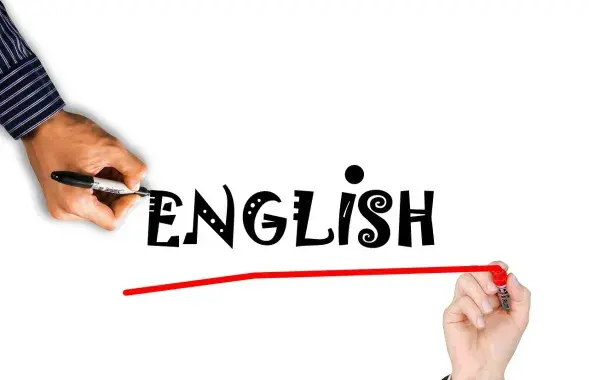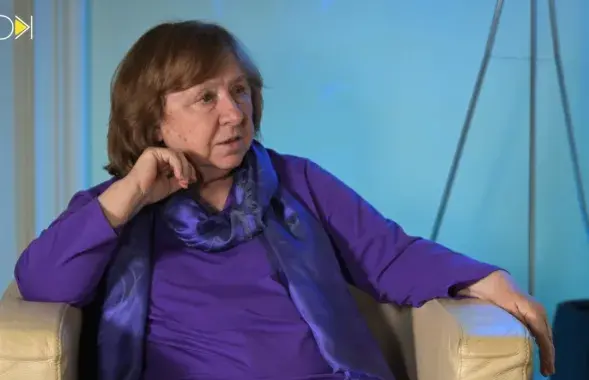Belarusians show interest in Pole’s Card
On March 31 Polish consulates in Belarus began receiving applications for the Pole’s Card. The European Radio for Belarus reported earlier that none of Belarus citizens have received this card, because at least 14 days are required to process an application. The Polish Consulate in Brest told our radio that Belarusians display a huge interest in the card.
Polish Consulate in Brest: People keep coming. There are no lines, but the interest is huge. We explain all the formalities. Many people come, but not all of them submit their applications. In many cases, we have informal conversations. Next time, they will be scheduled for an official interview with the consul.
Around 100 people have already applied, according to the consulate in Brest.
The European Radio for Belarus was also told that the consul will decide on whether to issue the card or not after evaluating the applicant’s knowledge of the Polish language, culture and traditions.
Consulate in Brest: We advise potential applicants to learn the Polish language first, because some people come and say “Good morning” in Russian. Only after that we can talk about the card.
The European Radio for Belarus also learned that cards would be first issued to the elder people and there is no limit (like 50 cards per month).
Consulate in Brest: We don’t have any scheduled plans. We will issue as much cards as needed in a certain period of time.
The Pole’s Cars will be printed in Poland. Therefore, apart from two week of decision-making, the applicants will have to wait for the card to be made in physical terms.
Consulate in Brest: Unofficially, we believe that we will issue the first cards in May. But if this happens in June, it should be no surprise.
Under the Pole’s Card procedures, Polish roots of applicants can be replaced by an active work for the sake of the Polish culture. However, this paragraph is envisaged for those who have Polish roots but cannot prove it.
Consulate in Brest: I personally know people who are 100 percent Polish, but all their papers got burnt or went missing. You know how it happened before…
In this case, the documents proving the Polish origin can be replaced by an official paper from the Union of Poles in Belarus led by Anzhalika Borys.
In the context of loud spying scandals that regularly erupt in Belarus, former KGB officer Valery Kostka noted in an interview with the European Radio for Belarus, that labor migration is the only potential threat posed by the Pole’s Card.
“Everything can be used for certain purpose, but I don’t think that the Pole’s Card is a project of intelligence service aiming to create a spy ring here. It is pity of course that our people will go to Poland in order to work there for the Polish government instead of working for Belarus. I heard that up to 250 thousand people can migrate to Poland. But this is something that our leadership should think about in order to create conditions for labor and creative migration to come and work for Belarus”, Kostka said.
Initially, the Belarusian authorities had a very harsh reaction to the Pole’s Card. In particular, Pavel Yakubovich, the editor-in-chief of presidential newspaper Sovietskaya Belorussia, described this move by Poland as “a brutal attack on Belarus”. Monica Sadkowska, a spokeswoman for the Polish Embassy in Minsk, stressed that the Pole’s Card is designed “to help the Polish state fulfill its duty before compatriots".
“Poland said numerously that the introduction of the Pole’s Card in Belarus and other former Soviet states is the implementation of its duties before the Poles living in those countries to make it possible for them to visit their Motherland", Sadkovska said.
Photo: www.calend.ru















